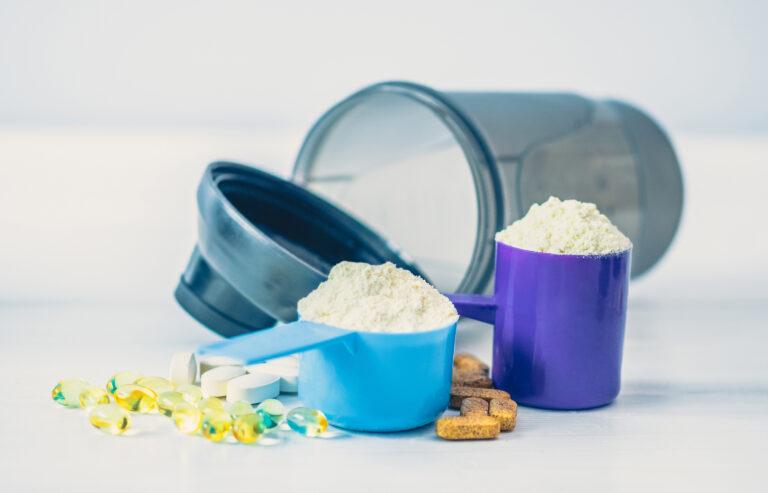According to a 2024 study, about 1 in 10 adolescents have used over-the-counter weight-loss or weight-control products, including dietary supplements. The unregulated market for dietary supplements misleads consumers and these products can potentially cause serious harm.
The FDA requires these supplements to contain a dietary ingredient, such as vitamins, minerals, herbs, amino acids, enzymes, live microbes, concentrates, and extracts, among others. Unfortunately, manufacturers can label a product as a dietary supplement even if it does not meet these criteria, such as a product containing a drug called tianeptine, which is a highly addictive drug that mimics the biological effects of opioids. Products containing a substance called kratom, which has opioid-like effects, are claimed to be herbal supplements but are mislabeled.
A 1994 law classifies dietary supplements as food, not drugs. This means their effectiveness does not need to be proven in the same way as drugs. Regulatory authorities do not take action against them until they cause harm. Mislabeling and misleading advertising are becoming increasingly common with dietary supplements, for example, falsely claiming to cure cancer, improve the immune system, cognitive functions, fertility, cardiovascular health, and naturally aid in weight loss and weight control.
In August 2021, the FDA cracked down on these weight-loss products, with 68 out of 72 recalled products containing a drug called sibutramine. Concerns about mental health and the number of eating disorders are increasing. People with eating disorders may be attracted to dietary supplements that promise quick and painless weight loss or muscle gain. The use of diet pills and supplements is associated with an increased risk of developing eating disorders and disordered eating, as well as low self-esteem, depression, and substance use.
Protein powders and other fitness supplements have widespread appeal. While girls are at higher risk of using weight-loss dietary supplements, boys face a growing problem with the use of various protein powders and creatine products. A 2022 study showed that adolescent protein powder consumption is linked to future steroid use in adulthood. Proteins themselves are not harmful in recommended amounts. However, protein powders can contain unknown ingredients, such as certain toxins or excessive amounts of sugar. Their excessive use can also be dangerous, especially if they are used to replace other foods that contain essential nutrients. While creatine can be safely used by adults, its excessive use can lead to health problems and it is not recommended for minors. The long-term effects of these dietary supplements are unknown.
Several potential solutions have been proposed for the possible regulation of dietary supplements. One of them is taxing products labeled as having weight-loss effects. Another possible stance is to ban the sale of these products to minors, which was successfully implemented in New York State in 2023. Health professionals recommend that parents and guardians encourage their children to obtain protein and vitamins from whole foods instead of various dietary supplements and powders.

